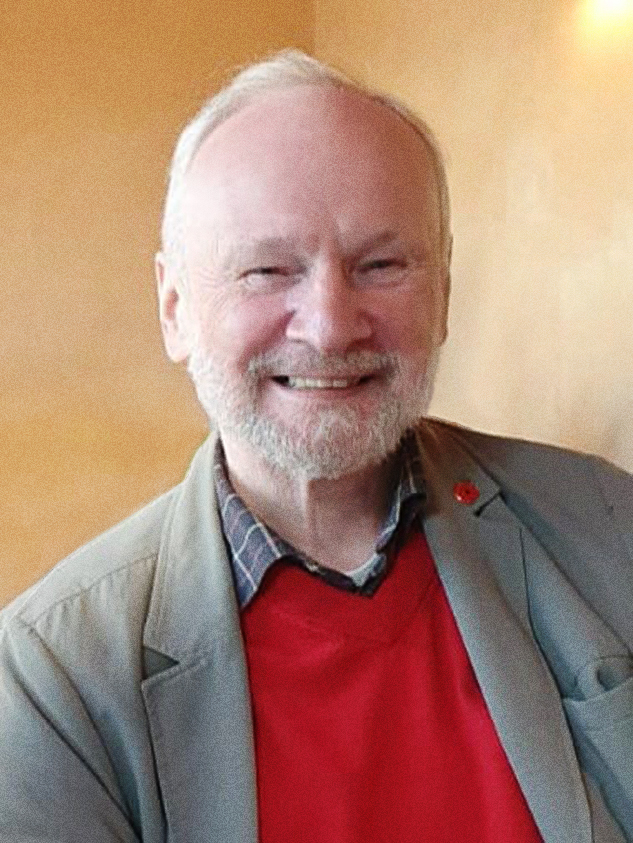Green beer and legends, anyone?
The truth about St Patrick exceeds the legends, and is more satisfying than beer. Recovering it was one of the most wondrous things that came my way when researching and writing “The Mustard Seed”.
Patrick most likely spoke a forerunner of Welsh. He quite possibly (I think, probably), originated from what is now called Cumbria in what is now called England. His spiritual descendants shaped every component of what is now the United Kingdom, not just what we now call Ireland.
Patrick’s initial spiritual descendants were multiple “Celtic Saint” monks in Ireland. They were not just pious book-copiers walled off from their world. They went on to shape their world. There are many modern devotional books which describe the spiritual qualities of these Celtic monks. In the “Mustard Seed”, however, I put them into their nation shaping context.
Patrick himself was a key link in one of the great lost chains of human history. I show the full chain in “The Mustard Seed”. He was the bridge between Saints Martin and Ninian and what became the English speaking world. I touched on those two already in the earlier blog, “Cavemen seed western civilisation?”. Those two were the links between what had been in Jesus Christ and the Apostle Paul and its onward transmission to the West after the fall of Rome. St Martin’s version of Christian Life was what a modern Protestant Christian would call “Life in the Holy Spirit of the Christian God”. St Patrick had that too, big time. He was within a chain which planted that into the founding layers of our world.
Patrick’s spiritual descendants made a direct impact on what we now call the Welsh and the Scots, as well as the Irish. Far less understood is the impact on what we now call the English. It arose as follows. Patrick initiated what Christians would call a chain of extreme grace. He began it by taking the Christian gospel to those who had once enslaved him. The enslavers were a people group called Gaels, also known as “Scoti” in Latin – forerunners of one of the people groups who later became what we now call the Scots.
The most famous Christian to be produced by the Gaels was, in their own language, Colmcille. He has come down to us more generally as St Columba. Columba was a direct line descendant of the family that had enslaved St Patrick: a direct product of extreme grace. St Columba went on to found a noted monastery at Iona, off the west coast of what we now call Scotland.
In due time, Iona would receive a young prince as a refugee. His name was Oswald, an Angle, proto-English: son of the violent Germanic invader. Iona would go on to extend Patrick’s version of extreme grace to the young Oswald. It led him to the Christ when it might have been safer to do away with him.
Oswald would one day take the throne of the northern kingdom which he had fled as a youngster. On doing so, he would invite St Aidan and a stream of Celtic monks into his northern kingdom. The North and Midlands of what became England would develop into shared nationhood around the Christian transformation initiated by those monks.
Oswald would also go on to extend the chain of Christian grace. The throne of a small warrior kingdom called Wessex had sought to assassinate his predecessor on the northern throne. Oswald responded by becoming the peacemaking godfather of Wessex, sponsoring it into Christian Identity. That Wessex family would eventually go on to build the Nation of the Christian English. The late Queen Elizabeth II and the present King Charles III descend from that family: godfathered in the origin times out of the stream of extreme Christian grace let loose, in the beginning, by St Patrick.
This is by no means the chief of lost wonders in my book. But it was certainly a stand out one for me.
